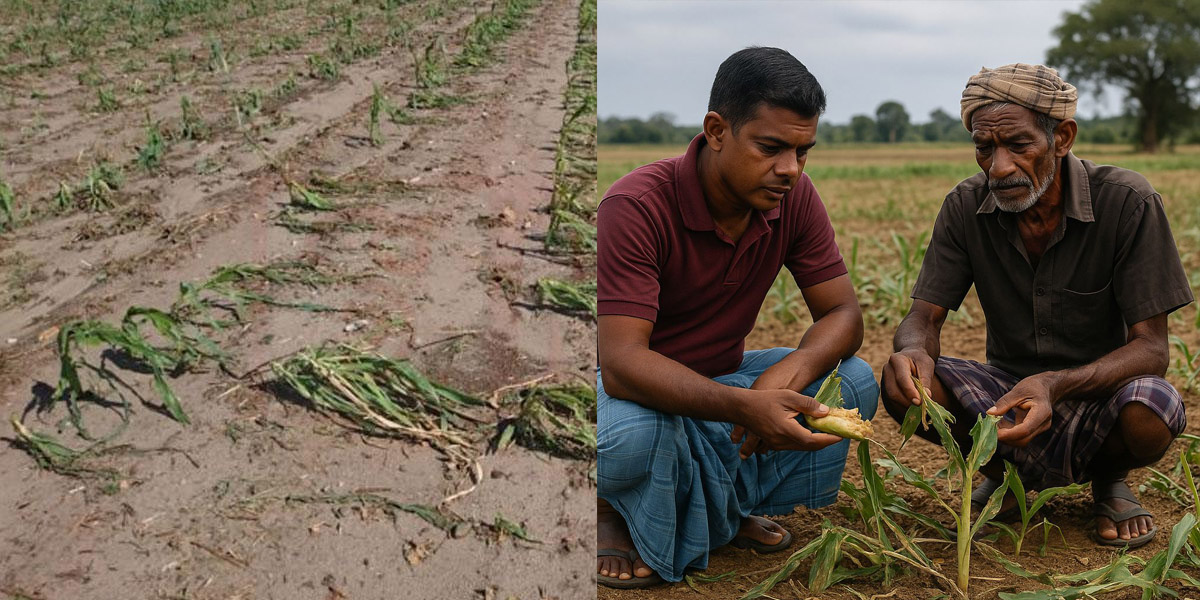Sri Lanka is currently facing a grave threat to its agricultural foundations and national food sovereignty. Recent official data reveals an alarming surge in pest animal populations devastating the country’s crops: 5.17 million toque monkeys (rilawa), 1.74 million gray langurs (wandura), 2.66 million giant squirrels (dandu lena), and 4.24 million peacocks. These millions of animals are not just wildlife statistics; they represent a direct, ongoing assault on farmers’ livelihoods, rural communities, and the nation’s ability to feed itself independently.
For decades, previous governments either ignored or concealed the scale of this crisis. Instead of confronting the issue, they chose to side with fragile conservation narratives and foreign-funded programs that prioritized wildlife protection at the expense of food producers. This negligence allowed pest populations to explode unchecked, stripping Sri Lanka’s fruit trees, paddy fields, and village crops bare. The result is a growing hunger threat for a nation that cannot afford to import its food at scale.
The current government must be acknowledged for its rare display of courage in publicly releasing these critical figures and finally bringing the issue to the national stage. For the first time, there is transparency and official recognition that this problem exists on an unprecedented scale. This move alone breaks the decades-long silence.
Yet, acknowledgment is only the first step. The true test lies ahead: the urgent formulation and implementation of a comprehensive, science-driven national pest management strategy. This must be a balanced policy designed to restore harmony between wildlife and agricultural productivity. It should include ongoing ecological monitoring, strict population control measures, community engagement programs, and research-backed integrated pest management techniques. Importantly, such a plan must respect Sri Lanka’s ecological diversity while prioritizing the survival and prosperity of our farmers and rural communities.
Food sovereignty is not merely an economic policy. It is a national security issue. Unlike affluent Western nations that can afford to import food freely, Sri Lanka depends on its fertile lands and hardworking farmers to sustain its people. Ignoring this threat will force the nation into dependency on volatile international markets, exposing us to price shocks and political leverage that undermine true sovereignty.
The responsibility rests on the government and all stakeholders to act decisively now. There is no room for delay or denial. Farmers, rural families, and every Sri Lankan must see that their government values their survival and livelihood. A structured pest control plan will protect crops, ensure food availability, and safeguard Sri Lanka’s future.
In conclusion, this pest crisis is a wake-up call demanding bold leadership, scientific rigor, and national unity. We must reclaim the balance between nature and agriculture before it’s too late. The path forward is clear: a strong, coordinated, and ecologically sensitive national pest control policy — the cornerstone of Sri Lanka’s food sovereignty and independence.
The nation is watching. The farmers are waiting. The time to act is now.




No comments
Post a Comment